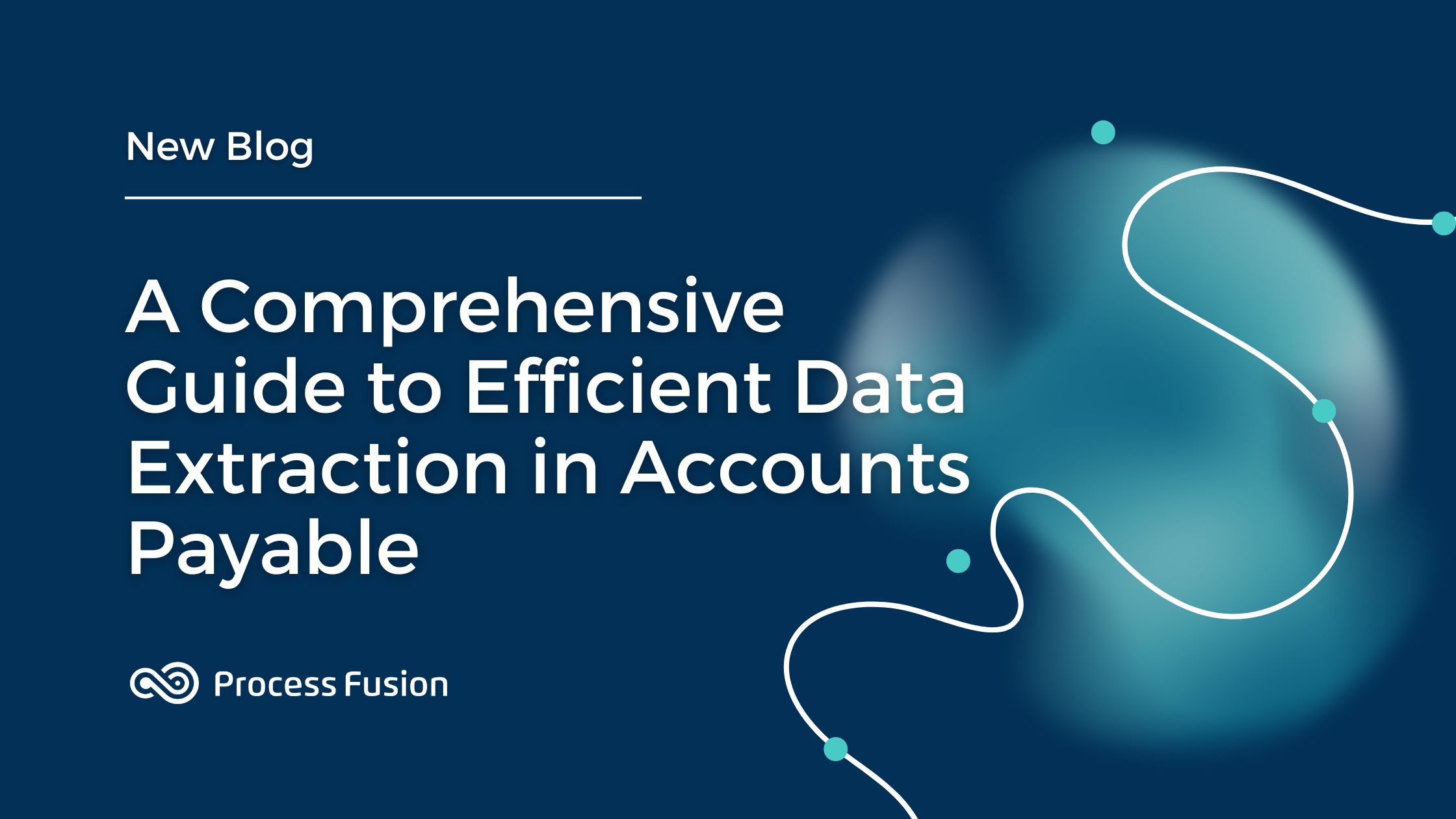
In the realm of cybersecurity, one of the most significant vulnerabilities and weakest links is us, the human users. A considerable proportion of cyberattacks, particularly phishing attacks, arise from human error. These attacks can result in data breaches, financial penalties for non-compliance with data protection regulations, company reputational damage, and loss of customer trust.
This article aims to shed light on the human factor in cybersecurity and provide guidance on how to prevent phishing attacks.
Understanding the Human Element
Cybercriminals often exploit human weaknesses—such as a lack of knowledge, curiosity, or the natural tendency to trust—to gain access to sensitive information. Phishing attacks, for instance, trick users into revealing their personal information or login credentials by impersonating a trustworthy entity. These attacks can come in various forms, including email, text messages, or even phone calls, and are designed to look as legitimate as possible to deceive the recipient. With new generative artificial intelligence (AI) chatbots, the stakes have been raised, greatly multiplying the dangers of sophisticated, multichannel attacks on employees.
Best Practices to Prevent Phishing Attacks:
Educate and Train
Regularly complete cybersecurity awareness training that is assigned.
Verify Before Trusting
Always double-check the source of any email or message that asks for personal information. Look for signs of phishing, such as spelling mistakes, generic greetings, or a sense of urgency.
Think Before Clicking
Be wary of links in unexpected emails or messages. Hover over the link to see the actual URL before clicking. If it looks suspicious, do not click.
Keep your software and devices up to date
Keeping your software and devices up to date with the latest security patches can help protect against phishing attacks.
Optimze passwords
Use strong, unique passwords for each application account.
Use Multi-Factor Authentication
The use of multi-factor authentication adds an extra layer of security, making it harder for attackers to gain access to your accounts even if they have your password.
Report Phishing Attempts
Inform the IT team about any potential phishing attempts. They can take necessary measures to protect others from falling for the same scam and train tools to block them.
With awareness, education, and a healthy dose of skepticism, we can all significantly reduce our vulnerability to these cyber threats and protect ourselves from cyber monsters. Remember, cybersecurity is a shared responsibility, and each of us plays a crucial role in protecting our personal and organizational digital assets.
Stay informed, stay vigilant, and stay safe!





